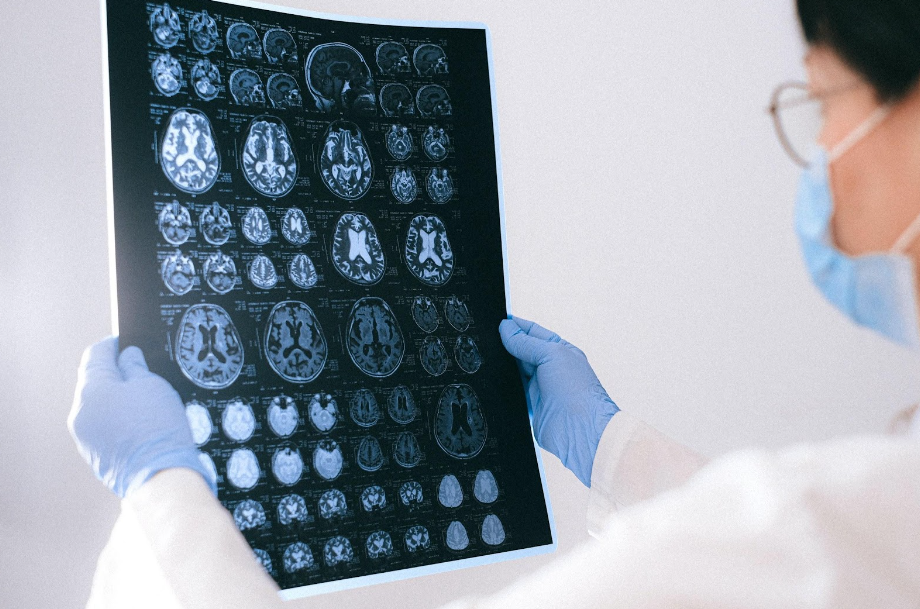Different Warning Signs for Pituitary Tumors
Your pituitary gland is an organ located near the brain. Its job is to produce hormones that regulate organs throughout the body. When a tumor invades the pituitary gland, it can cause hormonal imbalances, resulting in diverse changes throughout the body. IGEA Brain, Spine & Orthopedics, which serves New Jersey, New York, and Connecticut, introduces some of the most common pituitary tumor signs and symptoms.
HEADACHES AND VISION LOSS
As pituitary tumors grow, they press against nearby brain tissue. This pressure results in recurring pain and vision loss, often the first signs they show.
While almost everyone experiences the occasional headache, chronic headaches could point to the presence of a tumor or another serious medical condition. Chronic headaches are often accompanied by loss of peripheral vision, known as tunnel vision, when patients may struggle to focus on anything but what is directly in front of them. When experienced alongside frequent headaches, tunnel vision may signify a pituitary tumor.
HORMONAL DEFICIENCIES
Your pituitary gland is responsible for producing hormones, which carry information from your brain to other organs throughout your body, telling them how to run and regulate processes. Pituitary tumors get in the way of hormone production, however, causing hormonal deficiencies, interrupting normal organ function, and causing a range of symptoms, such as:
- Nausea, loss of appetite, and vomiting
- Feeling cold, especially in warm environments
- Irregular, infrequent, or no menstrual periods
- Unintended and rapid weight loss or gain
- Increased bladder activity
HORMONE OVERPRODUCTION
In some cases, pituitary tumors produce their own hormones, resulting in an overabundance of a specific type of hormone. For example, with Cushing’s disease, the pituitary gland begins to secrete a hormone called adrenocorticotropic hormone. Also called ATCH, this hormone, in turn, triggers the adrenal glands to produce cortisol, which is known as the fight-or-flight hormone. Excessive cortisol sets the entire body off balance with a broad range of symptoms, including:
- Anxiety, irritability, and depression
- High blood pressure or blood sugar
- Bruising and stretch marks
- Muscle weakness in the arms and legs
- Fat accumulation on the belly and back
- Exaggerated facial roundness
- Acne
Pituitary tumors may also produce an excess of the following hormones:
GROWTH HORMONES
Acromegaly is the hormone responsible for regulating growth. In excess, it causes:
- Coarsened facial features
- Enlarged hands and feet
- Excessive sweating
- High blood sugar
- Misaligned teeth
- Increased body hair
THYROID-STIMULATING HORMONES
Very rarely, a pituitary tumor overproduces the hormone responsible for stimulating the thyroid. This causes hyperthyroidism, a condition characterized by an overactive metabolism. Common symptoms include:
- Sudden, unintended weight loss
- A rapid or irregular heartbeat
- Nervousness and irritability
- Frequent bowel movements
- Excessive sweating
SEEK AN EXPERT DIAGNOSIS
If you are experiencing any of these symptoms, receiving an accurate diagnosis as soon as possible is imperative. Pituitary tumor signs often overlap with the signs associated with other conditions, and an expert at IGEA Brain, Spine & Orthopedics can determine whether your condition is caused by a pituitary tumor or something else. Contact us today in New Jersey or New York to learn more.







